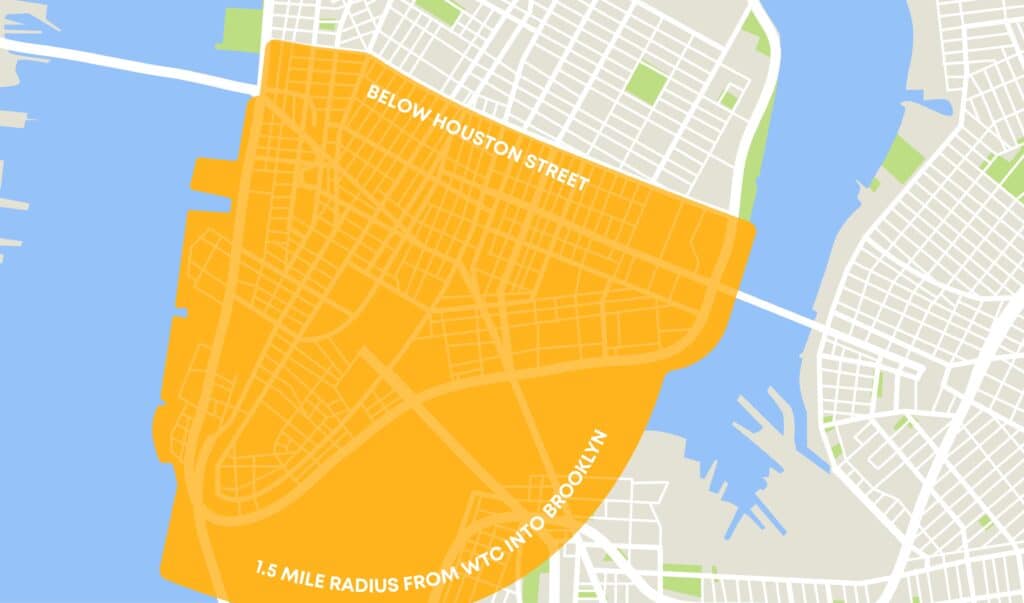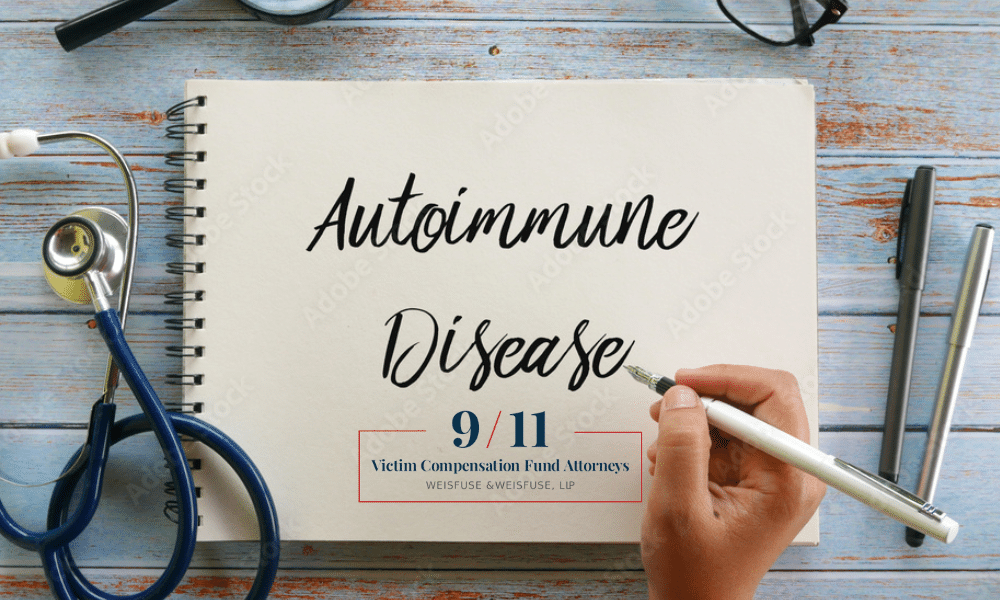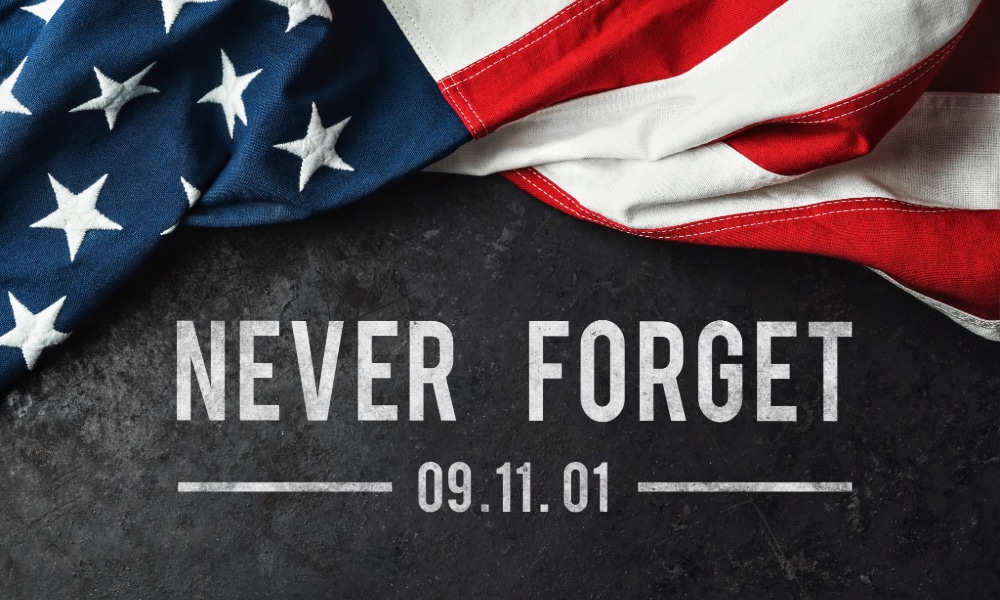
9/11 Prostate Cancer Compensation Claims
Prostate cancer is one of the most commonly reported 9/11-related cancers among male survivors and responders. Years after the collapse of the Twin Towers, studies began to reveal a significant increase in prostate cancer rates among individuals exposed to the toxic dust and smoke that lingered in Lower Manhattan for months.
If you lived, worked, volunteered, or studied in the Exposure Zone between September 11, 2001, and May 30, 2002, and have since been diagnosed with prostate cancer, you may be eligible for financial compensation and lifetime medical care through federally funded 9/11 programs.
Prostate Cancer and 9/11 Payouts
Men diagnosed with 9/11-related prostate cancer may qualify for both medical benefits and financial compensation through two key programs established by the James Zadroga 9/11 Health and Compensation Act:
- The World Trade Center Health Program (WTCHP) provides free screenings, treatment, and medications for prostate cancer and other certified 9/11-related conditions.
- The September 11th Victim Compensation Fund (VCF) offers tax-free payouts for lost income, pain and suffering, out-of-pocket medical costs, and other financial losses related to your diagnosis.
Eligibility is not limited to first responders. Residents, cleanup workers, office employees, and students who were in the designated exposure zone during the qualifying period may also be eligible for compensation.
At Weisfuse & Weisfuse, LLP, we have a long history of advocating for the 9/11 community and ensuring that each claim is fully supported and carefully handled. Call us at 212-983-3000 for a free consultation to learn how we can help with your prostate cancer claim.
An Increased Risk of Cancer in 9/11 Victims
Approximately 2,750 Americans were killed in the 9/11 attacks, and at least 2,000 more have died from illnesses related to toxic dust exposure on or after September 11th, 2001. Sorrowfully, this number keeps growing.
According to research conducted by Mount Sinai’s Icahn School of Medicine, there is “evidence of increased risk for certain cancers among WTC-exposed responders.” The study of 28,729 responders revealed that these individuals have a 41 percent higher risk of developing leukemia, a 25 percent higher risk of developing prostate cancer, and a 219 percent higher risk of developing thyroid cancer.
What is Prostate Cancer?
Prostate cancer is the formation and uncontrollable growth of cancerous tumors in the prostate, a small gland that surrounds the male urethra and is responsible for producing semen.
Symptoms of Prostate Cancer
The presence of symptoms depends on what kind of prostate cancer the individual has. Most cases of non-aggressive prostate cancer do not exhibit symptoms in the early stages. However, aggressive prostate cancer is characterized by its fast growth, with symptoms quickly presenting themselves throughout the body.
Symptoms of prostate cancer include:
- Blood in the urine;
- A stream of urine that is slower than usual;
- A frequent urge to urinate;
- Erectile dysfunction; and
- Blood in the semen after ejaculation.
Aggressive prostate cancer tends to spread quickly to other parts of the body, especially the bones. Victims may experience bone pain or tenderness, particularly in the back, chest, and pelvis. Numbness in the lower extremities is severe, as it indicates that the prostate cancer has spread to the spine. Anyone who notices these symptoms should seek medical help immediately.
How Is Prostate Cancer Diagnosed?
There is still much we don’t know about prostate cancer, and as such, the diagnostic tools at our disposal can be misleading and cause unnecessary alarm in patients. The American Cancer Society recommends that doctors speak with patients about prostate screening as early as 40 years old for very high-risk groups, and as late as 50 years old for those at average risk. The WTCHP provides prostate cancer screenings for its members.
When a patient does decide to undergo screening, their physician will most likely perform one or more of the following tests:
- Prostate-specific antigen (PSA) test, a blood test which measures the levels of PSA, a protein produced by the prostate;
- Digital rectal exam (DRE), the most common prostate test, in which a doctor inspects the prostate by inserting a finger into the rectum and checking for tumors;
- Prostate biopsy, a tissue sample from the prostate, which a doctor will examine for abnormal cell growth; and
- Imaging tests such as a CT, MRI, or bone scan.
Prostate cancer is one of the most common and deadly forms of cancer in the US. Early-stage prostate cancer rarely displays symptoms, or the symptoms are so commonplace and mild that a patient may not recognize them as a sign of a severe underlying issue. This makes prostate cancer challenging to catch in its beginnings, which may contribute to its deadliness.
How Is Prostate Cancer Treated?
Treatment plans for prostate cancer depend primarily on its growth rate, how early doctors identified the disease, and to what extent it has metastasized. The physician will also consider other risk factors such as the patient’s age and pre-existing health conditions when creating a treatment plan.
In many cases of non-aggressive prostate cancer, doctors advise patients to perform “active surveillance,” in which patients refrain from undergoing treatment but visit their doctor regularly to monitor the cancer’s progress. Alternatively, a doctor may recommend radical prostatectomy, a surgical procedure that removes the entire prostate, or radiation.
More aggressive forms of prostate cancer may require a more invasive surgical approach, as well as therapies such as:
- chemotherapy
- radiation
- hormone therapy, which reduces the amount of testosterone in the body
- immunotherapy, which stimulates the immune system into combatting cancerous growth
The prognosis for prostate cancer is favorable if the disease is caught early. However, once prostate cancer has metastasized (spread) to other parts of the body, eradicating it becomes more difficult. In many cases, it is impossible to eliminate metastasized prostate cancer completely, and survival rates past five years are very poor.
The World Trade Center Health Program (WTCHP) supports those suffering from 9/11-related prostate cancer. Victims should strongly consider enrolling in the WTCHP and bringing a 9/11 prostate cancer claim through the September 11th Victim Compensation Fund (VCF). If successful, victims may qualify for VCF compensation.
Source: https://www.healthline.com/health/prostate-cancer
9/11 VCF Payout for Prostate Cancer
In the 9/11 community, prostate cancer is the second most common cancer among responders and the most common among survivors. Although survivors and responders experience many of the same 9/11-related health conditions, prostate cancer is one of the few illnesses that responders and survivors experience at a similar rate.
In addition, 9/11 prostate cancer typically appears earlier in life and spreads more aggressively among the 9/11 community than in the general population. Researchers believe that the inflammatory properties of the WTC dust’s hazardous materials can trigger prostate cancer. Shockingly, in one study, animals who were exposed to WTC dust showed changes in prostate gene composition within one day of exposure.
As such, those who spent even a few hours in the Exposure Zone should monitor their prostate health frequently and request regular prostate screenings from their doctor.
Fortunately, studies like this increase our awareness of the low inflammation tolerance of the prostate, and may lead to earlier, lifesaving diagnoses in many. Additionally, the WTCHP offers free and expanded testing for 9/11-related prostate cancer for it’s members.
Recovering Compensation for 9/11-Related Prostate Cancer
The WTCHP provides health care coordination and support, and the VCF offers financial assistance to address the unique needs of victims of the 9/11 terrorist attacks. Survivors and responders suffering from 9/11 prostate cancer may be eligible for substantial compensation for emotional pain and suffering and lifetime medical care. Victims should contact Weisfuse & Weisfuse, LLP to discuss a potential 9/11 prostate cancer claim today.
Those eligible for enrollment in the WTCHP include:
- FDNY responders who were present at least one day for the rescue and recovery effort at any 9/11 site;
- General responders, such as NYPD officers and the National Guard;
- Responders in the Pentagon/Shanksville, PA area, such as emergency service providers, cleanup workers, and volunteers;
- NYC survivors who lived, worked, or otherwise spent prolonged periods in the New York disaster area.
Only members of the WTCHP are entitled to compensation from the VCF unless it is a claim on behalf of a deceased person or in special circumstances.
The World Trade Center Health Program
The WTCHP provides medical and pharmaceutical benefits to its members for a 9/11-related illness or injury. Under this program, victims may be eligible to receive medical treatment for 9/11 prostate cancer. Additionally, members have access to regular cancer screenings.
The Victim Compensation Fund
The VCF is a separate but related government program. A successful claim brought before the VCF will result in financial compensation for pain and suffering, loss of earnings, out of pocket expenses, and survivor benefits. For example, a disabled firefighter whose 9/11-related illness forced them to retire earlier than expected might claim compensation from the VCF as a substitution for lost wages. All 9/11 prostate cancer claims registered with the September 11th Victim Compensation Fund by July 29, 2021 are considered timely, regardless of the date of diagnosis.
Note: Those who do not register by July 29, 2021 may still register, so long as it is within two years from the date that they learned about the program.
Compensation Available For 9/11 Prostate Cancer Claims
Individuals suffering from prostate cancer who were present in the Exposure Zone may qualify for substantial compensation from the VCF. The experienced 9/11 attorneys at Weisfuse & Weisfuse, LLP, can help clients determine eligibility for a VCF prostate cancer claim. We provide thorough, dedicated representation and always submit medically-supported optional impact statements to maximize compensation. Call Weisfuse & Weisfuse, LLP today at 212-983-3000 for a free and confidential consultation.







